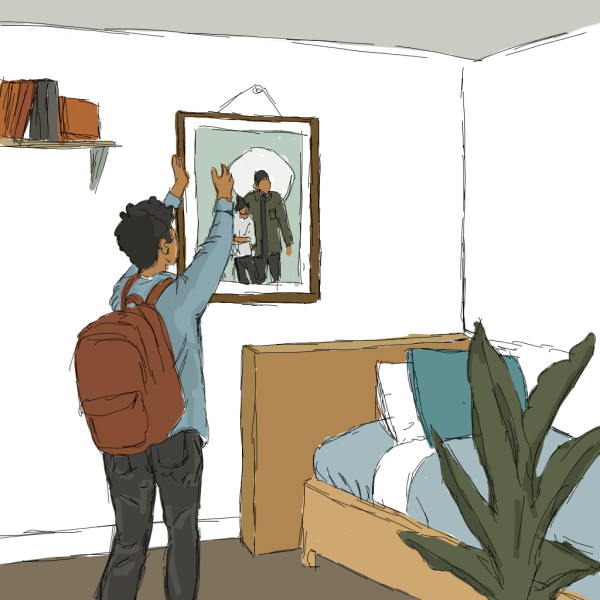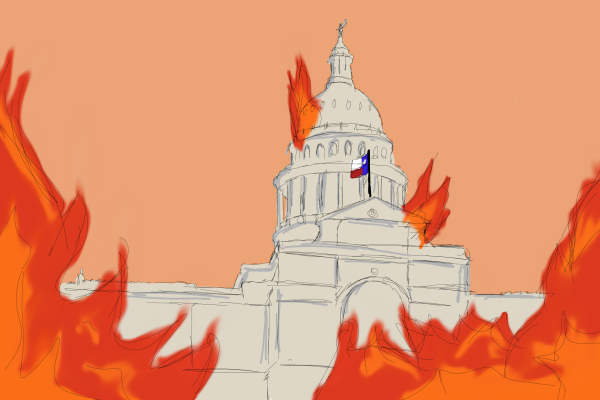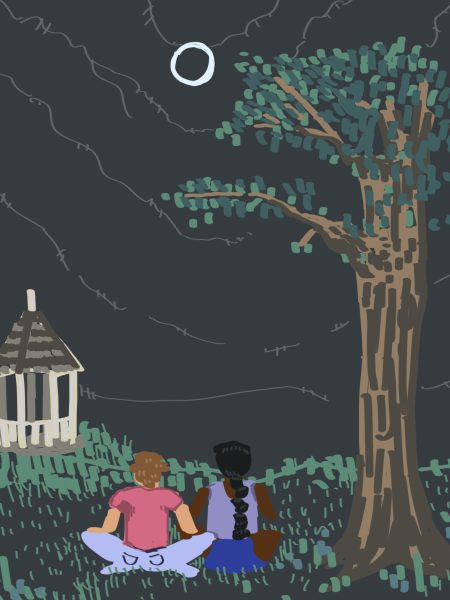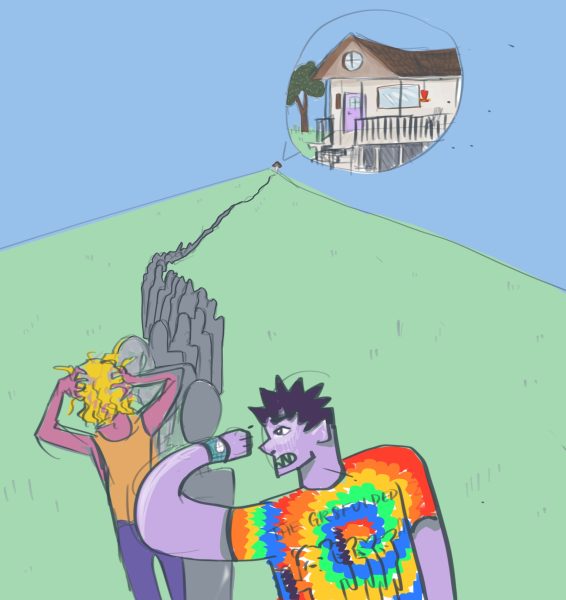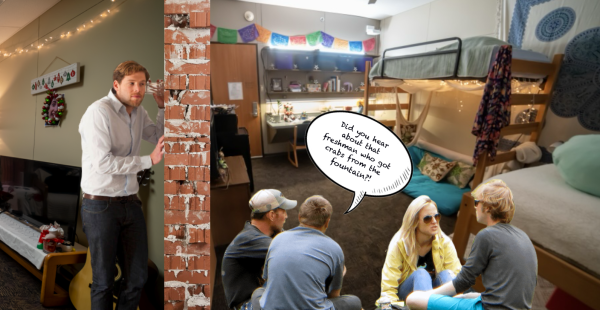Evolution of self-expression
How American public schools perpetuate creative conformity
As college students, we are always making decisions about how to balance different aspects of our lives. From academics to social endeavors, having to choose between certain commitments is always hard, and the process of prioritization gets harder and harder with each passing year. From elementary to high school, we are taught to value structure and conformity over creative expression, and this mindset often bleeds into other aspects of our lives. The impact of the American school system has certainly contributed to how I find my creative capabilities today.
For most of my life, I’ve identified as a writer. I consumed so many stories as a kid, which led me to start writing and exploring my own. This was something I enjoyed, something I could rely on as a way to express myself. However, as one could imagine, it was hard to set aside time to sit down and write with the demands of school, extracurriculars and family, even with how much I loved to. The obligations of school caused my relationship with creativity to decline drastically, as is the case with many people around my age. Furthermore, I found that what I was taught in my classes before college often discouraged creative forms of writing; instead, we were meant to follow specific structures or outlines for essays and other written assignments.
This emphasis on creative conformity was stifling and repetitive, and remains so even in college, acting as an added layer of difficulty for students to overcome in their personal creative endeavors. I will say that I’m grateful for the variety that Trinity offers in its course curriculum, as well as its requirements for Creative Expression classes, but most schools lack these options for students to reconnect with their more creative side.
In fact, a trend among public schools in recent years has seen funding for fine arts and creativity in schools drop dramatically, meaning that students are provided with fewer outlets to channel their creativity. This defunding is often the result of already strained resources being allocated to other departments or more popular extracurricular activities such as sports. When this occurs and students are further confined to harsh guidelines of their academic curricula, it can prevent the development of critical thinking and problem-solving skills.
I’m sure our schools mean well when it comes to how they prepare students for the real world; knowing skills like basic algebra and professional writing is crucial. However, schools don’t really teach us how to work around problems we may encounter in our day-to-day lives, nor do they equip us with the tools we need to properly manage stress in a fashion that is conducive to our overall mental health. Creative outlets like music, writing and painting provide solace from the repetitive and homogeneous work that our academic lives demand, all while allowing us to express ourselves and exercise our brains in a different way.
Schools should be doing more to encourage creativity at all ages because of its direct ties to improved mental capabilities, and also to foster meaningful connections between students and their chosen form of artistic expression. Having a comforting hobby to fall back on in times of stress or leisure is something we all need for the sake of balance in our lives. We can’t be unyieldingly devoted to our studies when we’re burned out from the countless obligations in our lives, and our creativity cannot grow in that state of mind either. Cultivating a balance of the two is something the American school system should strive for, especially when it’s a more accurate reflection of how we live our lives when we have the power to make our own decisions.
As much as my love for writing has waxed and waned over the years, I know it’s still something I can rely on when I need to decompress. I firmly believe that in my own creative endeavors, I have taught myself invaluable lessons about how to think and problem-solve. When American schooling realizes the significance of creativity on developing minds, it will benefit as much as the students it molds — a lesson you don’t have to teach is still a lesson learned.

My name is Ava Peinhardt (she/her), and I'm the Opinions Editor for the Trinitonian. I'm a senior from Plano, TX majoring in Environmental Studies with...

I'm Tony Rodriguez! I'm a junior from San Antonio, TX, majoring in math, and I worked as a copy editor for the Trinitonian about two years ago and am now...


